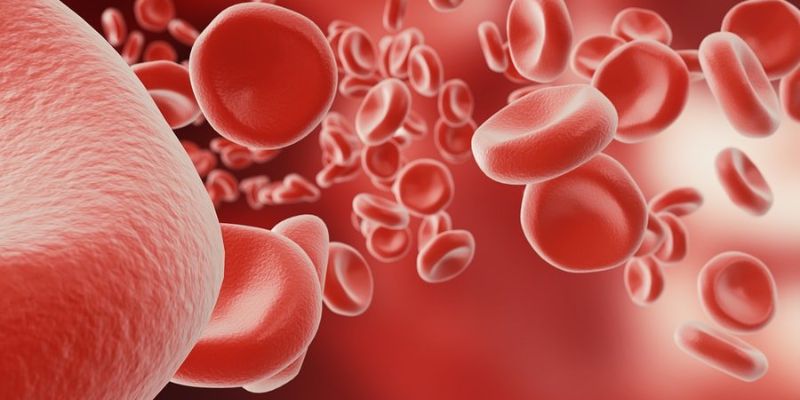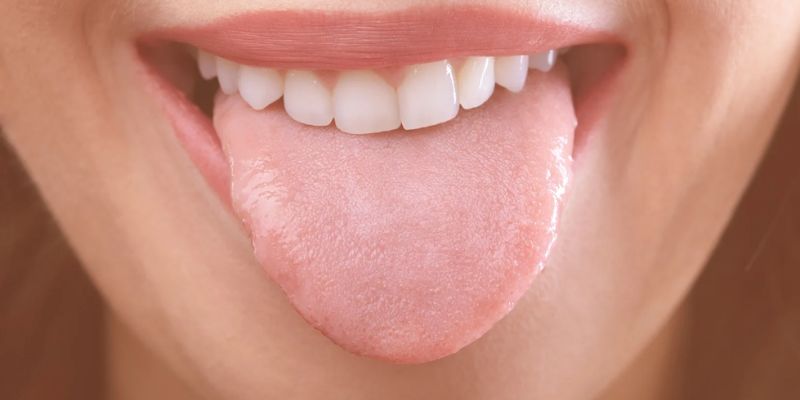If you or a loved one have ever been diagnosed with anemia, you know how important hemoglobin levels are to your health. Hemoglobin is the protein that transports oxygen throughout your blood. When its levels are too low or high, it can lead to serious health issues such as fatigue, dizziness, and difficulty breathing.
In this blog post, we'll dive into what causes high or low hemoglobin levels and what steps you can take to keep them in check for optimal health. From dietary modifications to supplements and other natural remedies, we'll help equip you with the necessary knowledge to better care for yourself or those closest to you when facing this common diagnosis.
How Are Hemoglobin Levels Tested
Hemoglobin levels are typically tested through a blood draw, which is analyzed to measure the amount of hemoglobin in your red blood cells. A routine complete blood count (CBC) test can be used to check for anemia and determine your hematocrit level, which is the percentage of red blood cells in your sample.
Hematocrit levels below 33% indicate anemia or low hemoglobin levels, whereas hematocrit levels above 44% may suggest high hemoglobin levels.
Another common method to test hemoglobin levels is a pulse oximeter—a device that measures oxygen saturation in your blood by shining two wavelengths of light into your finger or earlobe.
If either of these tests reveals abnormal values, your doctor may order a hemoglobin electrophoresis test to better identify the cause. This advanced screening procedure measures different types of hemoglobins in your blood according to their electrical charge and can diagnose conditions such as sickle cell anemia or thalassemia.
Finally, if all other tests are inconclusive, you may be referred for a bone marrow biopsy involving taking a sample inside your bone to look for abnormalities.
High Hemoglobin Levels
High hemoglobin levels can be caused by several conditions, including dehydration, smoking, polycythemia (an overproduction of red blood cells), or performance-enhancing drugs.
Treatment for high hemoglobin levels typically includes lifestyle modifications such as drinking more water and avoiding smoking or drug use. In some cases, medication may be prescribed to reduce your body’s production of red blood cells.
Causes of High Hemoglobin Levels
Dehydration
Dehydration is a common cause of high hemoglobin levels, as the body produces extra red blood cells to compensate for lower-than-normal fluid levels. When dehydrated, your kidneys produce a hormone that stimulates the bone marrow to produce more red blood cells than normal. This can lead to an increase in hemoglobin levels.
To prevent dehydration and keep your hemoglobin levels in check, drink plenty of water throughout the day and avoid alcohol or caffeine. Additionally, limit your exposure to extreme temperatures and stay active each day to help maintain healthy hydration levels.
2. Smoking
Smoking cigarettes has been linked with an increased risk of developing high hemoglobin levels due to an overproduction of red blood cells. Nicotine, the addictive ingredient in cigarettes, is thought to cause this effect.
In addition to high hemoglobin levels, smoking can also lead to numerous other health issues, such as lung cancer and coronary artery disease. It’s best to avoid smoking altogether or quit if you currently smoke to keep your hemoglobin levels within a normal range.
3. Polycythemia (overproduction of red blood cells)
Polycythemia is a condition that results in an overproduction of red blood cells, leading to abnormally high hemoglobin levels. There are many possible causes of this disorder, including genetic conditions or abnormalities with the bone marrow’s production of red blood cells. Treatment for polycythemia typically includes phlebotomy (bloodletting) or medications to reduce red blood cell production.
4. Performance-enhancing drugs
Performance-enhancing drugs, such as anabolic steroids, have been linked to increased hemoglobin levels due to their effect on the body’s production of red blood cells. If you are using any performance-enhancing drug, discussing the potential side effects with your doctor and weighing the risks and benefits before continuing usage is important.
Medication may sometimes be prescribed to reduce red blood cell production to maintain normal hemoglobin levels.
5. Nutrition deficiencies
Nutrient deficiencies, particularly iron deficiency, can also lead to high hemoglobin levels due to increased production of red blood cells in the body. To ensure adequate nutrient intake, ensure you eat a balanced diet with plenty of fruits and vegetables and lean proteins. Also, consider taking a multivitamin or other supplement if necessary.
Symptoms
- Fatigue
- Dizziness
- Shortness of breath
- Pale skin
- Rapid heart rate
Low Hemoglobin Levels
Low hemoglobin levels, or anemia, can be caused by several factors, including chronic illnesses, nutritional deficiencies, or excessive bleeding. Anemia is typically treated through dietary modifications or supplementation with iron or other vitamins and minerals. In some cases, medication may also be prescribed.
Causes of Low Hemoglobin Levels
1. Chronic Illness
Chronic illnesses such as kidney disease, rheumatoid arthritis, cancer, and HIV/AIDS can lead to low hemoglobin levels due to their effects on the body’s production of red blood cells. Treatment for anemia related to chronic illness typically involves addressing the underlying condition of to manage symptoms.
Nutritional Deficiencies
Nutritional deficiencies, particularly iron deficiency, can lead to anemia due to inadequate red blood cells. Iron is essential for proper cell function and helps transport oxygen throughout the body. To ensure adequate nutrient intake, ensure you eat a balanced diet with plenty of fruits and vegetables and lean proteins. Also, consider taking a multivitamin or other supplement if necessary.
3. Blood Loss
Excessive bleeding due to injury or surgery can also result in low hemoglobin levels as your body does not have time to replace all the lost red blood cells before tests are done. In such cases, treatment typically involves addressing the underlying cause—such as stopping the bleeding—and replenishing lost nutrients through dietary modifications or supplementation with iron or other vitamins and minerals.
4. Medications
Some medications, such as anticoagulants or chemotherapy drugs, can lead to anemia due to their effects on the body’s production of red blood cells. In these cases, it is important to discuss any potential side effects with your doctor before starting the medication in monitor your hemoglobin levels closely during the treatment.
5. Pregnancy
Pregnancy can also cause low hemoglobin levels due to increased demands for red blood cells from both the mother and baby. To help maintain healthy hemoglobin levels during pregnancy, women should eat a balanced diet rich in iron and other essential nutrients. Supplementation may also be necessary depending on individual needs.
Symptoms of Low Hemoglobin Levels
- Fatigue
- Weakness
- Dizziness
- Paleness
- Shortness of breath
FAQs
Q: What causes the increase and decrease of hemoglobin?
A: High hemoglobin levels can be caused by dehydration, smoking, heart and lung diseases, kidney disease, tumors, and certain medications. Low hemoglobin levels can result from nutritional deficiencies (such as iron deficiency anemia), blood loss due to injury or surgery, chronic inflammation or infection in the body, steroid use, and some medical treatments.
Q: What are some ways to keep hemoglobin levels in check?
A: There are several You can take several steps to ensure your hemoglobin levels remain at healthy levels. Healthy eating a balanced diet rich in iron and other essential vitamins and minerals, taking supplements such as iron or B-12, exercising regularly, avoiding smoking, limiting alcohol consumption, and staying hydrated. Additionally, suppose you have any chronic health conditions or take medications that may affect your hemoglobin levels.
Q: Are there any natural remedies for treating low or high hemoglobin?
A: Yes! If you're looking for natural remedies, some options to consider include herbs such as ashwagandha, fenugreek, and ginseng; supplements like iron or B-12; increasing your intake of certain foods such as beans, leafy greens, meat, seafood, and nuts; decreasing your intake of alcohol and caffeine; and engaging in activities that promote relaxation. Additionally, suppose you have any chronic health conditions or take medications that may affect your hemoglobin levels.
Conclusion
Keeping your hemoglobin levels in check is essential for optimal health. High or low hemoglobin levels can lead to serious health issues such as fatigue, dizziness, and difficulty breathing. By understanding the causes of high and low hemoglobin levels and taking the necessary steps to manage them, you can ensure that your body has the oxygen it needs for proper functioning.






